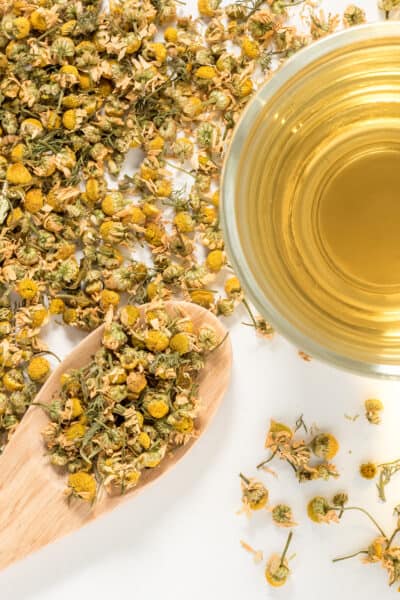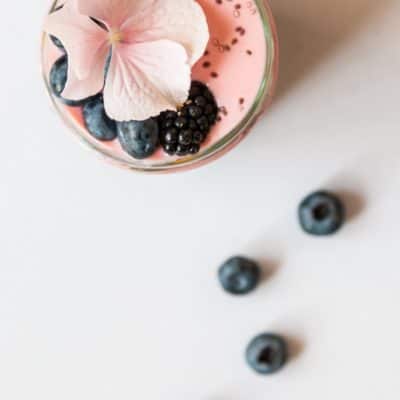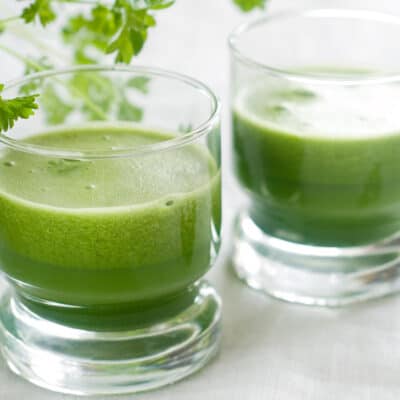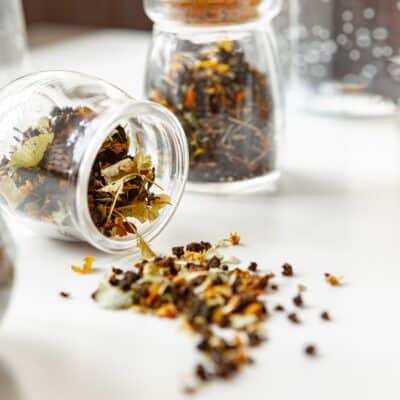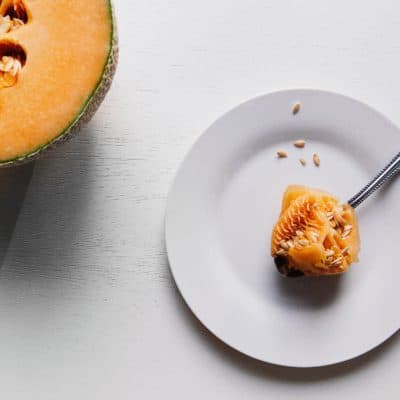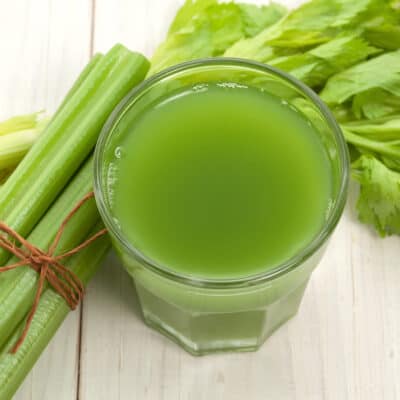Are you in for the #HydrationChallenge? If not, don’t miss out on a free #HydrationHacks ebook and lots of other tips and motivation coming your way! Sign up here.
Drinking lots of fluids is a wonderful way to stay hydrated – but did you know that you can “eat your water” too?
Foods that have high water content are fantastic for healing and hydrating the body. Because these foods come from nature, they also carry vitamins, minerals, and other nutrients that nourish your body and aid hydration. The water these foods carry is living water; water that is enlivened through growth, sunshine, and nutrients. This water helps carry the hydration and nourishment deep into your cells, where it is welcomed and quickly utilized to bring you into better health.
Check out these 5 hydrating foods – how will you incorporate them this month?
Watermelon
Melons in general are high in water content – but watermelon is definitely at the top of the list! While some may think that watermelon is just sugar and water, it’s far from it. The fluid in these melons bind onto toxins and poisons in the body and flush them out. Did you know the water in melons is nearly identical to our blood, and the nutrients in it (sodium, potassium, and glucose) are super easily absorbed by your body? Melons are also highly alkalizing and amplify the detoxification process. Because melons are high in silica, it is a fantastic food to restore the skin, slow aging, and increase muscle performance!
Cucumbers
Cucumbers and cucumber juice are amazing for deeply hydrating your cells! Rich in nutrients such as vitamins A, C, K, magnesium, silicon, and potassium, cucumber juice has the ability to cleanse and detox the entire body. It is also an ideal way to properly hydrate the body since it contains beneficial electrolytes that have the ability to bring nutrients and hydration deep into the cells and tissues making it far more effective than water alone. Cucumbers are anti-inflammatory, and combined with their amino acids, enzymes, and over 50 trace minerals, cucumbers become a wonderful way to soothe the neurological system and ease anxiety. The silica found in cucumber juice is essential for skin health and is known as an anti-aging mineral. As people get older, their silica levels become very low. Silica can remove waste material, toxins and heavy metals from the body. When you are deficient in silica, you’ll have problems with teeth (decay and softening), bones (becoming brittle), and hardening of the arteries. Skin can age quickly and hair can become brittle. Sip on this juice to unlock the “fountain of youth!”
Lettuce
Even though lettuce is so thin, it has a high water content and a plethora of other benefits! Take, for example, romaine lettuce. It contains all 8 amino acids, making it an excellent source of protein that is easily assimilated into your cells. Romaine has more Vitamin C than an orange, and is also high in iron, calcium, folate, and other vitamins and minerals. The benefits of romaine include repairing joints, bones, arteries, and more; soothing the digestive tract and cardiovascular system, reducing risk for heart attack and stroke, and strengthening the immune system. Romaine is wonderful to add to smoothies, salads, or to spoon roasted veggies in the middle and make “veggie boats”! Explore other lettuces like butter lettuce, Batavia lettuce, Bibb lettuce, Boston lettuce, dandelion greens, iceberg, lamb’s leaf, and more. You can’t go very wrong with leafy greens – they have so many incredible benefits and are full of living water that your cells crave!
Soup
Why not make a meal out of your hydration? Soups are a great way to satisfy hunger and thirst. Fill them up with veggies, greens, spices, and herbs, and you’ve got yourself a healing, nourishing, and hydrating meal. Better yet, make a big batch of soup and freeze it for a super easy make-ahead meal! Pro tip: freeze the soup in muffin pans so you can easily choose how much to thaw & reheat.
Zucchini
“Zoodles,” or zucchini noodles, have catapulted this veggie into recent stardom. Zucchini is packed with Vitamin A, C, and B-complex as well as minerals such as iron, zinc, potassium and manganese, making it a fantastic contributor for cardiovascular and immune health. Zucchini is also high in fiber, making it easy to digest and a great option for those who have sensitive digestion. Powerfully anti-inflammatory, this green veggie is able to aid multiple conditions. Zucchini’s benefits are best available when eaten raw, but steaming, roasting, and sauteeing are also good options. Spiralize them to make noodles, or add them to soups, salads, veggie sushi rolls, sandwiches, wraps – the list can go on! The ultimate plus side? Zucchini are super easy to grow and will thrive in most conditions.
Hydration Doesn’t Just Mean Water
Just as there are hydrating fluids and dehydrating fluids, there are foods that hydrate or dehydrate you. Here are some other hydrating foods:
- Fresh fruit
- Raw veggies
- Coconut
- Plant-based milks (our family loves sesame seed milk)
- Smoothies
- Citrus
- And more.
Challenge Yourself
Are you in on the #HydrationChallenge? Let’s commit to drinking at least half our body weight in ounces of hydrating fluids for the next 30 days. If you want extra tips and encouragement, let me cheer you on by signing up here or by following and tagging me on Instagram and Facebook! I’m in it with you!
Check out more on hydration here:
- Can Drinking Water Help Relieve Stress? 3 Things You Need To Know
- Top 3 Hydration Hacks: How To Get The Most Out Of Your Water
- How To Clean Your Water: 5 Toxins To Avoid + My Favorite Filter
Blessings,
Amber
To get exclusive recipes, health info, and wellness tips straight to your inbox, subscribe here.
To begin your healing journey today with my starting protocol, register here.

